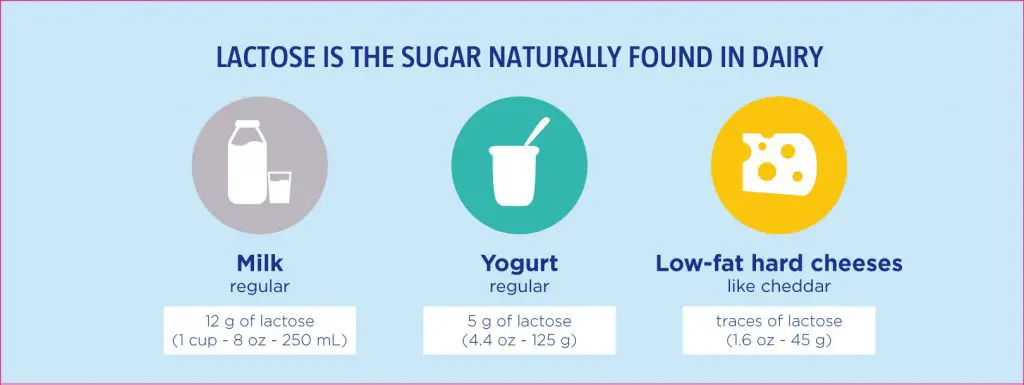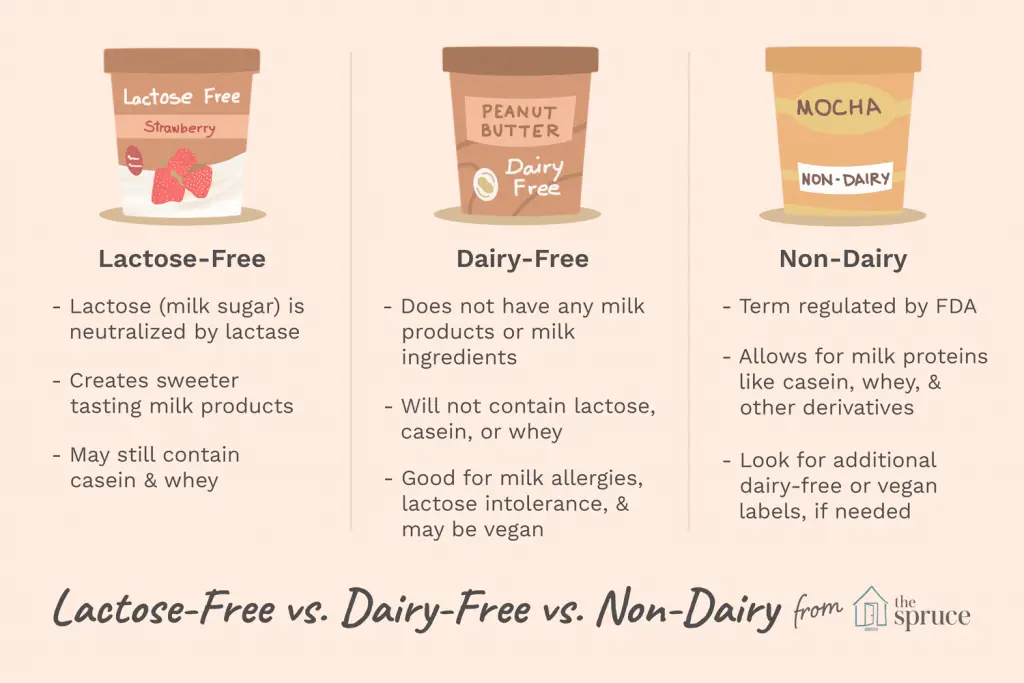You Should Never Eat Provolone, here is why.
Provolone cheese is an Italian cheese that was first discovered in late 1800’s.
It originated in southern Italian towns around Veneto and Lombardy.
The name is derived from Neapolitan word “provola”.
It is one of the most popular cheeses that is widely consumed in a variety of cuisines ranging from sups, sauces, pizzas, hoagies and salads. Read more.
But research and clinical data indicate that provolone is not the best cheese or nutritional choice if you have certain health issues or medical conditions.
Below are certain scenarios that demands some caution if you love provolone cheese:
Individuals on Low Tyramine Diet
Provolone and tyramine do not go hand in hand. Tyramine is a naturally occurring monoamine compound that is found in some aged, fermented, or spoiled foods.
If you are suffering from certain diseases, healthcare providers recommend consuming a low tyramine diet. These health issues include:
- Chronic Migraines
- Parkinson’s disease
- If you are taking treatment for Chemotherapy (for Hodgkin lymphoma) or Depression
If you consume tyramine while suffering from these health issues, you may experience exacerbation or worsening of symptoms like serious spike in blood pressure, severe headache, chest pain, and shortness of breath.
Individuals on certain drugs
If you are taking any of the following drugs, it is strongly recommended to avoid provolone along with other cheeses and fermented products. These drugs include:
- Phenelzine sulfate (also sold under brand name NardilÆ)
- Linezolid (also sold under brand name Zyvox®)
- Isocarboxazid (also sold under brand name MarplanÆ)
- Pargyline hydrochloride (also sold under brand name EutonylÆ)
- Procarbazine hydrochloride (also sold under brand name MatulaneÆ)
- Tranylcyromine sulfate (also sold under brand name ParnateÆ)
Most of these drugs are advised for the treatment of Depression, Parkinson’s disease, and some cancers.
In fact,
any drug that acts as a monoamine oxidase inhibitor should not be combined with provolone or any other cheeses.
If you consume provolone while taking these drugs, you may experience serious adverse effects, besides reducing the efficacy of these drugs.
Some of the known side effects are, nausea, vomiting, altered level of consciousness, confusion, headache, visual disturbances, heart palpitations, headache and high blood pressure.
Individuals with known histamine Intolerance
Histamine is a naturally occulting chemical (or neurotransmitter) that is produced in your body to serve several functions, such as:
- Transmission of messages to and from your brain
- Aid in digestion by releasing enzymes and acid in stomach
- Mediate an immune or allergic response after trauma or allergen exposure
Besides internal production, a number of foods are also in rich in histamine.
Data indicates that about 1% of the general population suffers from a condition – known as histamine intolerance – a medical condition marked by excessive histamine levels in the body.
These individuals are genetically susceptible to develop serious reaction due to increased histamine sensitivity of the tissues.
Inadequate metabolism or excessive intake of histamine as a result of ingestion of certain foods (such as cheese – including provolone) can present with a variety of symptoms such as:
- digestive issues
- irregular menstrual cycle
- hives
- headaches or migraines
- nausea
- nasal congestion or sinus issues
- fatigue
- vomiting
In extreme case, you may experience:
- abdominal cramping
- anxiety
- tissue swelling
- dizziness
- high blood pressure
- irregular heart rate
- difficulty regulating body temperature
The quantity of histamine in different dietary sources depends on several factors such as storage techniques, origin, ripening process, etc. According to a new study, histamine range present in different varieties of cheese is as under (mg/ 100g of cheese):
- Colby, 0.3-2.8
- Swiss, 0.4-250 mg
- Mozzarella 1.6-5.0
- Roquefort, 1.0-16.8
- Cheddar, 1.2-5.8
- Gouda, 1.3-2.4
- Camembert, 0.4–4.2
The quantity of histamine is much higher in provolone (2.0–23.5mg/ 100mg of cheese) as provolone is a fermented cheese. If you have histamine intolerance, you should avoid provolone cheese.

Individuals who are Lactose Intolerant
Did you know that about 65% of the general population has some degree of lactose intolerance in adult years?
Lactose intolerance is a condition that is marked by deficiency of enzyme lactase (that degrades or helps digest milk sugar lactose).
Individuals who are sensitive to lactose may develop symptoms like bloating, diarrhea, flatulence etc. when they consume cheeses like provolone.
Although,
the lactose content of provolone cheese is much lower than some other fresh cheese varieties (such as fresh mozzarella, cream cheese, ricotta cheese and cottage cheese);
some individuals who are extremely sensitive can still develop a serious reaction to provolone even if consumed in smallest dose.
Nonetheless, all such individuals should avoid provolone altogether or relay on lactose-free provolone varieties.
Individuals who are at risk of developing Listeriosis
Listeria monocytogenes is a bacterial agent that causes listeriosis – a flu like illness that may prove life threatening in some susceptible individuals such as pregnant women, people with immunocompromised health and adults over the age of 65 years.
According to statistics reported by Center for Disease Control, Listeriosis is the 3rd leading cause of food poisoning related illness in the United States that claims about 260 lives each year.
Since provolone is a hard, aged cheese, the risk of listeria transmission is minimal.
Moreover,
most varieties of provolone are pasteurized, which further reduces the risk of listeria transmission.
Watch out if provolone has gone bad, smells weird or has an extra hard texture, it may be a sign that provolone has gone bad.
Individuals on Limited Sodium Diet
Sodium is a vital mineral that helps in the maintenance of normal blood pressure.
A healthy adult can consume up to 2300 mg of sodium, but some individuals are advised a low sodium diet because of a pre-existing health condition such as cardiac failure, high blood pressure, renal failure etc.
Depending upon the health status,
and amount of sodium allowed, you may or may not consume provolone cheese.
Provolone is classified under moderate to high sodium diet (with 245 mg/ oz. or per 1 slice).
Some low sodium cheese varieties are Swiss cheese (about 58 mg/oz.) and mozzarella (175mg/oz.)

Individuals with Casein Intolerance
Casein is a milk protein that occurs naturally in all dairy products including provolone cheese.
Casein intolerance is a condition in which your body develops allergy against the milk protein.
People who are allergic to casein may develop serious symptoms upon consumption of food rich in casein (such as provolone cheese or other dairy products), these include:
- Wheezing
- Breathing difficulty
- Anaphylaxis (a life threatening severe allergic response)
- Severe pain
- Hives
- Vomiting
- Rashes
- Malabsorption of food
Casein allergy affects about 3% of the population under 1 year of age.
In most cases,
the allergy subsides by the time child reaches 5 years of age, but it may return later in life.
The prevalence of casein allergy in adults is 2%.
Since this milk protein is found in almost all varieties of cheese so if you are sensitive to casein, you may develop reaction or adverse effects after consumption.
Alternatively, here this one is the dairy-free provolone I found on Amazon you can actually eat without worrying about the issue.
Individuals with Irritable Bowel Syndrome
This health issue affects about 10-20% of the general population People who suffer from Irritable bowel syndrome (also known as IBS) experiences exacerbation of symptoms if they are exposed to certain foods or stress.
Healthcare providers therefore recommends a low FODMAP diet to such individuals (i.e. low intake of fermentable, oligo-, di-, and monosaccharides and polyols).
Dairy products such as cheese are problematic because of high fat content that may worsen the diarrhea.
In addition, data indicates that patient with IBS are very often lactose intolerant that may make it difficult to digest provolone cheese.
People who suffers from IBS may experience a variety of disturbing symptoms after consumption of cheese, ranging from flatulence, diarrhea, constipation, bloating, abdominal cramps, pain etc.
Fortunately,
provolone is considered a low FODMAP diet due to low lactose content (0.5 grams / oz), which is generally well-tolerated by individuals with IBS. However, the key is to test out if your symptoms exacerbates after provolone cheese consumption, in which case it should be eliminated from the diet.
Individuals with Amine Intolerance
Amines are naturally occurring chemicals that are found in chocolate, tomato, vinegar, avocadoes, and cheese.
Individuals who are allergic or sensitive to amines experience migraine like headaches when they consume foods rich in amines.
The intensity of symptoms are worse with aged cheeses like provolone; hence healthcare providers advise absolute elimination of provolone cheese to people with amine intolerance.
If you have any of the above listed condition,
make sure you speak to your healthcare provider or nutritionist to see if provolone is a safe cheese for you.
It is also recommended to look for alternative options when applicable; for example, if you have lactose intolerance, choose lactose -free provolone and so forth.
For that, I actually spent 2 weeks to compile a giant list with over 100+ types of cheeses here – with lactose and calories content stated.
References:
- Flockhart DA (2012) Dietary Restrictions and Drug Interactions with monoamine Oxidase Inhibitors: An Update. J Clin Psychiatry 73 (suppl 1):12-24.
- Chambers, T. L., & Staruszkiewicz Jr, W. F. (1978). Fluorometric determination of histamine in cheese. Journal of the Association of Official Analytical Chemists, 61(5), 1092-1097.
- Ladero, V., Fernández, M., & Alvarez, M. A. (2009). Effect of post-ripening processing on the histamine and histamine-producing bacteria contents of different cheeses. International dairy journal, 19(12), 759-762.
- Laura Maintz, Natalija Novak, Histamine and histamine intolerance, The American Journal of Clinical Nutrition, Volume 85, Issue 5, May 2007, Pages 1185–1196

